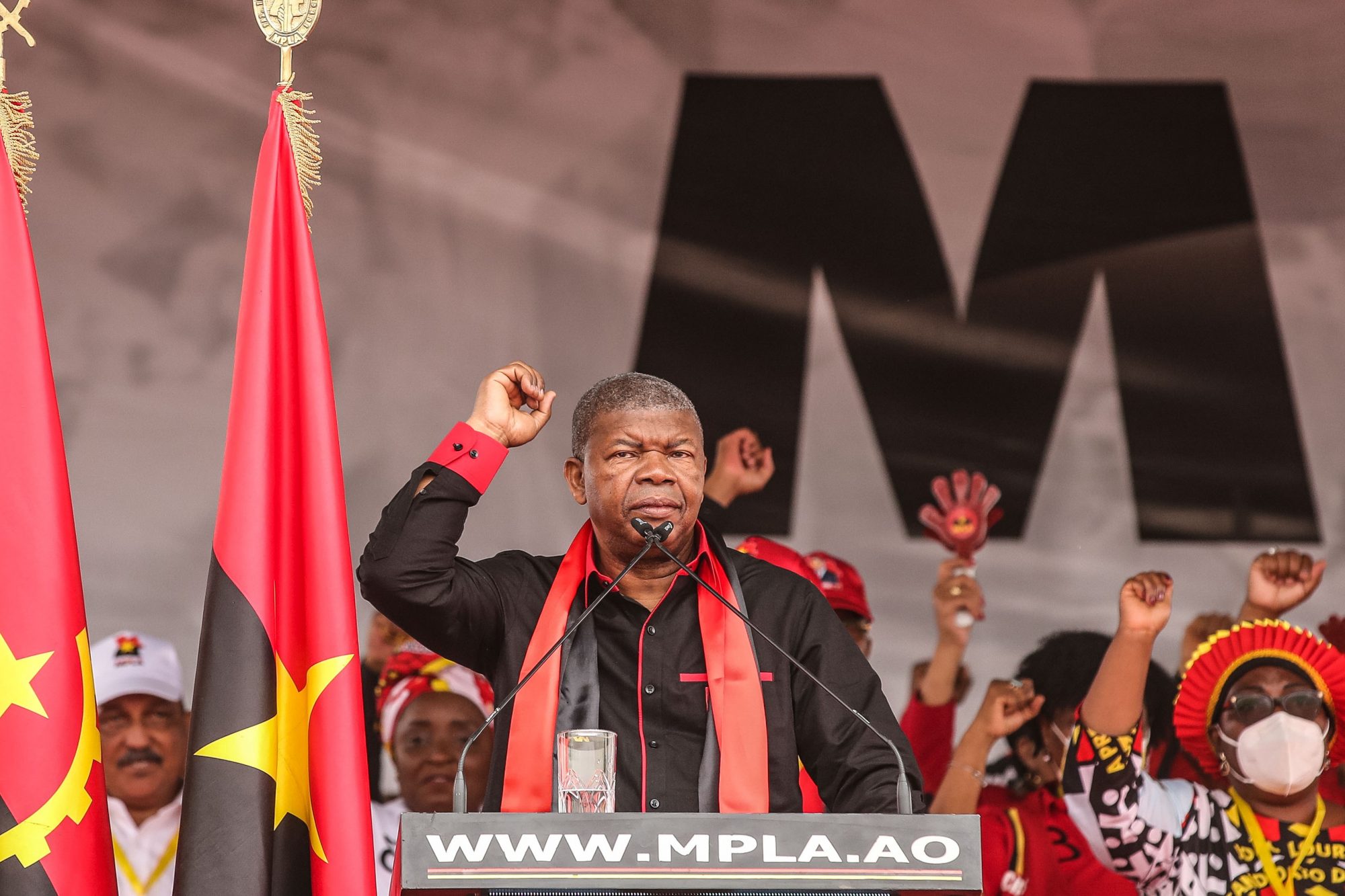
Angola’s Secretary of State for Local Authorities, Fernando Manuel, has underscored the importance of participatory budgeting in reinforcing democratic governance and public accountability.
Speaking at a workshop held in Luanda on Tuesday, July 15, 2025, the Secretary emphasized that the initiative is central to the country’s 2023–2027 National Development Plan and aligns with constitutional provisions guaranteeing citizen involvement in public affairs.
“The participatory budget aims to deepen the Angolan democratic process through the active participation of citizens in public decision-making,” said Fernando Manuel, referencing Article 52 of the Constitution.
“What belongs to everyone must be managed by everyone, it must be managed by everyone in the trust of everyone,” he added, calling for collective ownership of public governance.
The workshop served as a platform for dialogue among government officials, civil society representatives, and international partners.
It focused on sharing innovative models and best practices to enhance civic involvement in budgetary processes.
Attendees explored ways to improve transparency, strengthen trust in public institutions, and ensure that national resources are allocated in a manner that reflects the needs and priorities of local communities.
Rosário Bento, the European Union’s Ambassador to Angola, praised the event as part of a broader initiative to promote decentralization through structured public consultation.
“This is a program that echoes what has been successfully implemented in other countries. We are pleased to support it here in Angola,” she said.
Rosária also confirmed the EU’s full financial backing for the project, contingent on its alignment with pre-established plans and objectives.
The participatory budgeting initiative represents a significant shift toward inclusive governance, positioning citizens not just as beneficiaries, but as co-authors of development policy.
As Angola continues its efforts toward decentralization and democratic deepening, the government’s engagement with local voices through such frameworks may prove vital in shaping a more equitable and transparent future.



